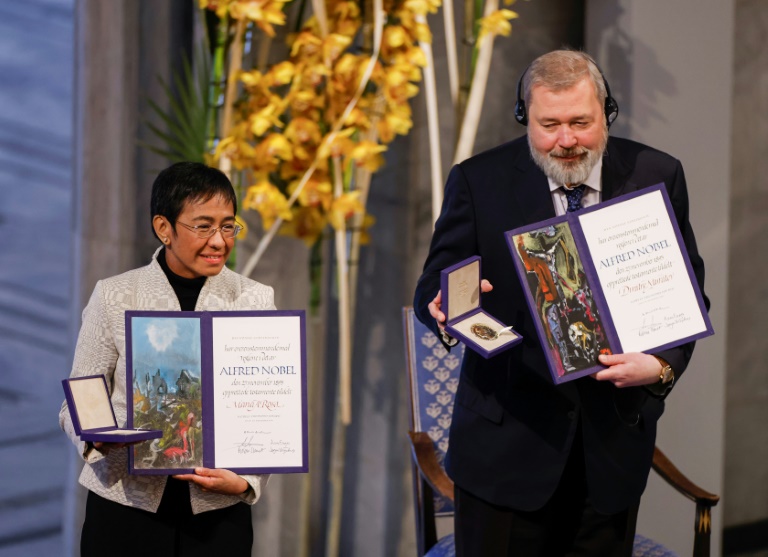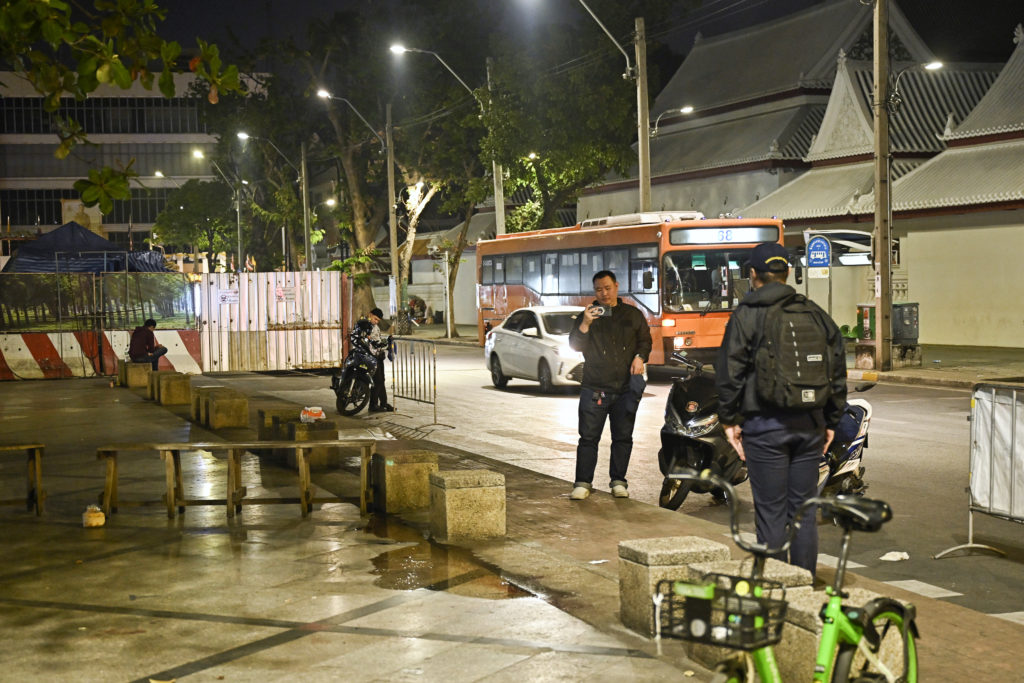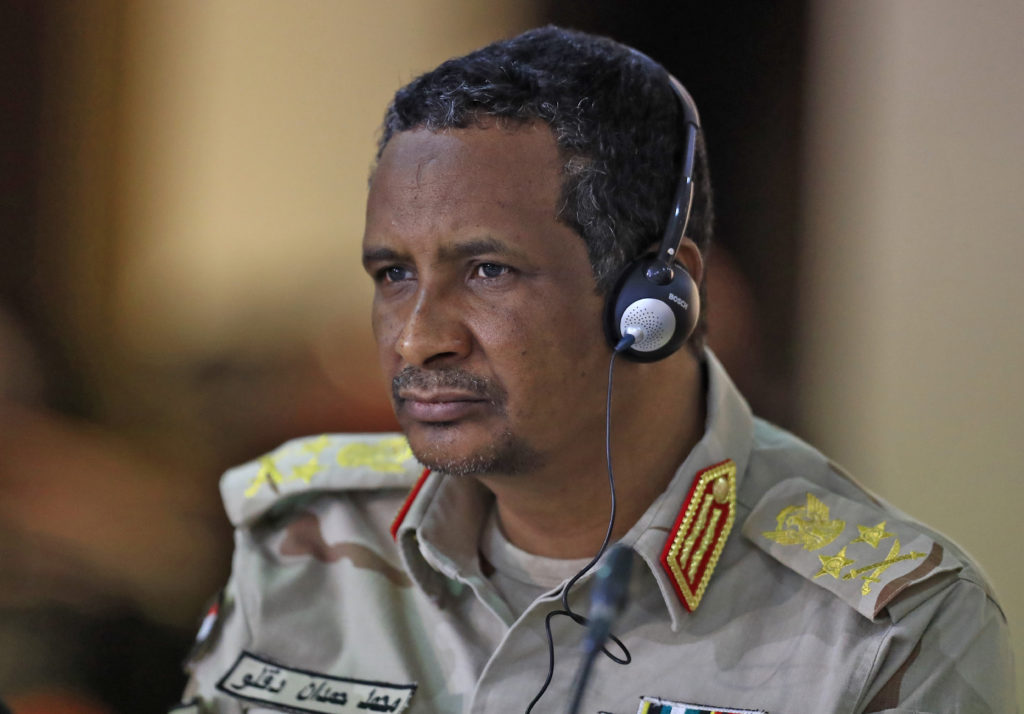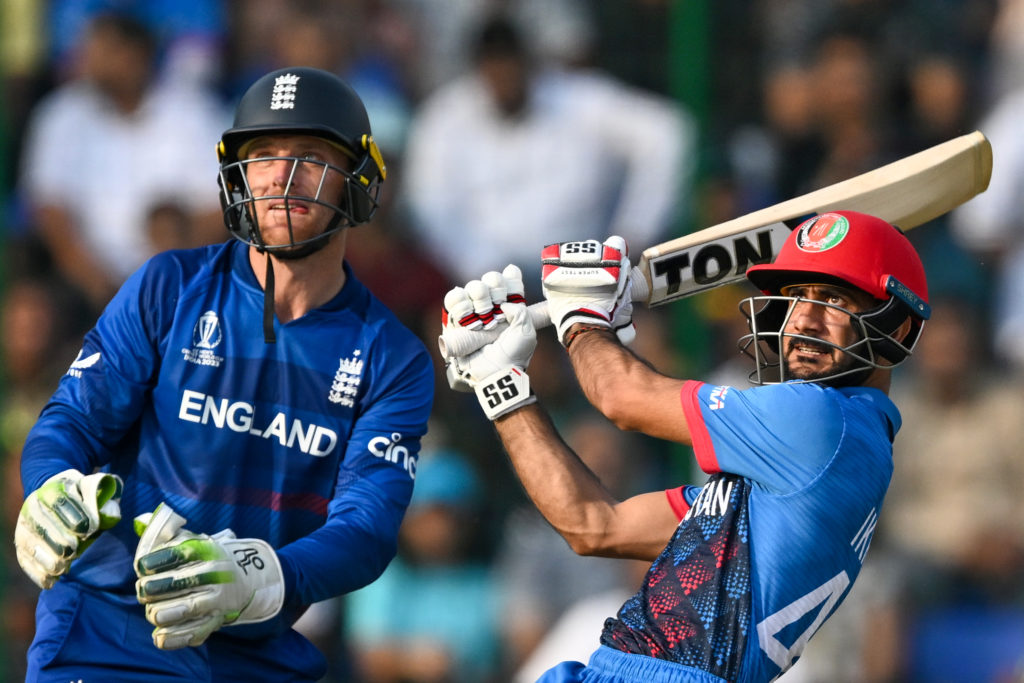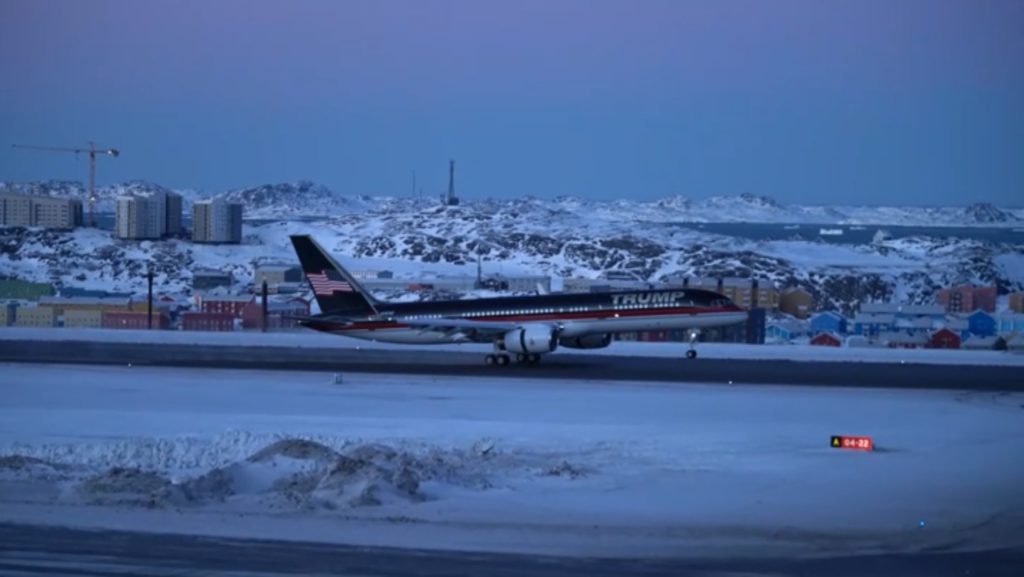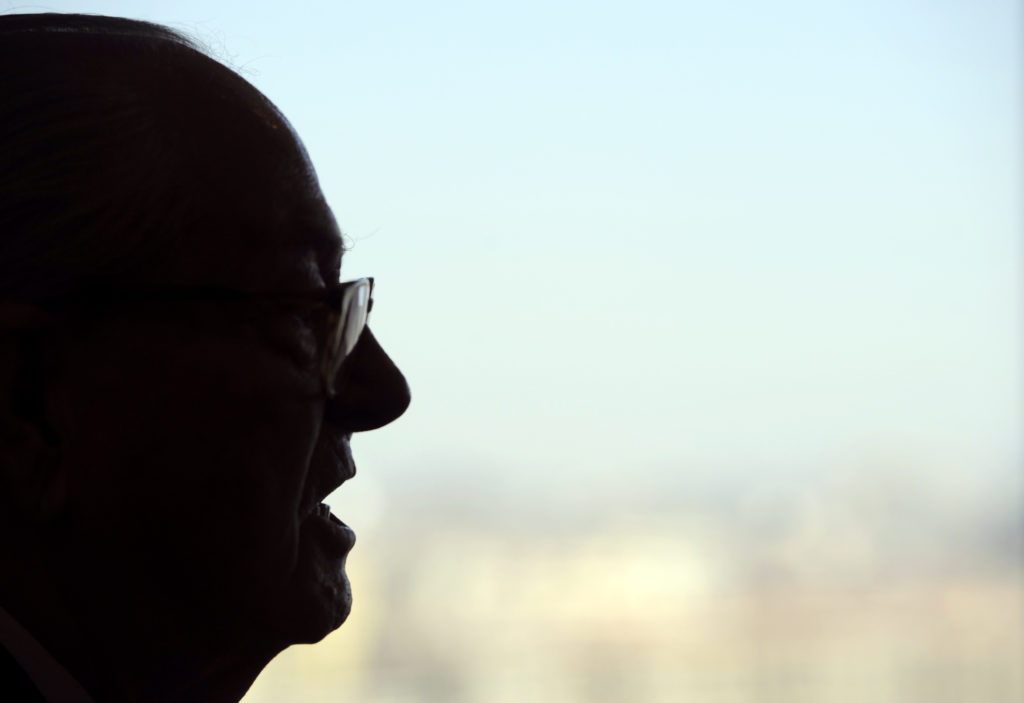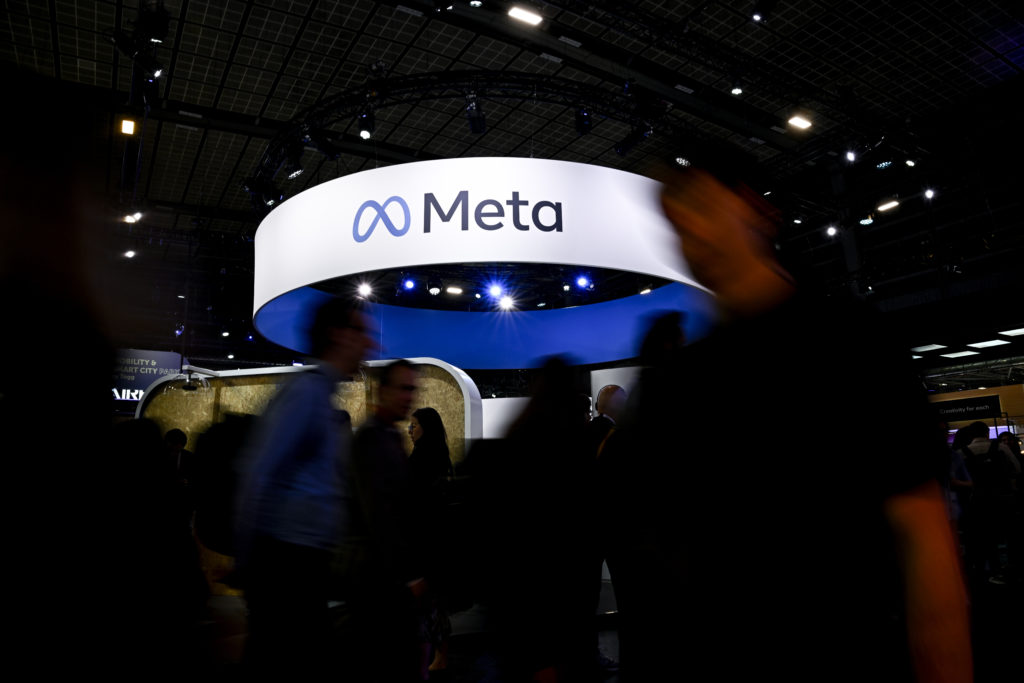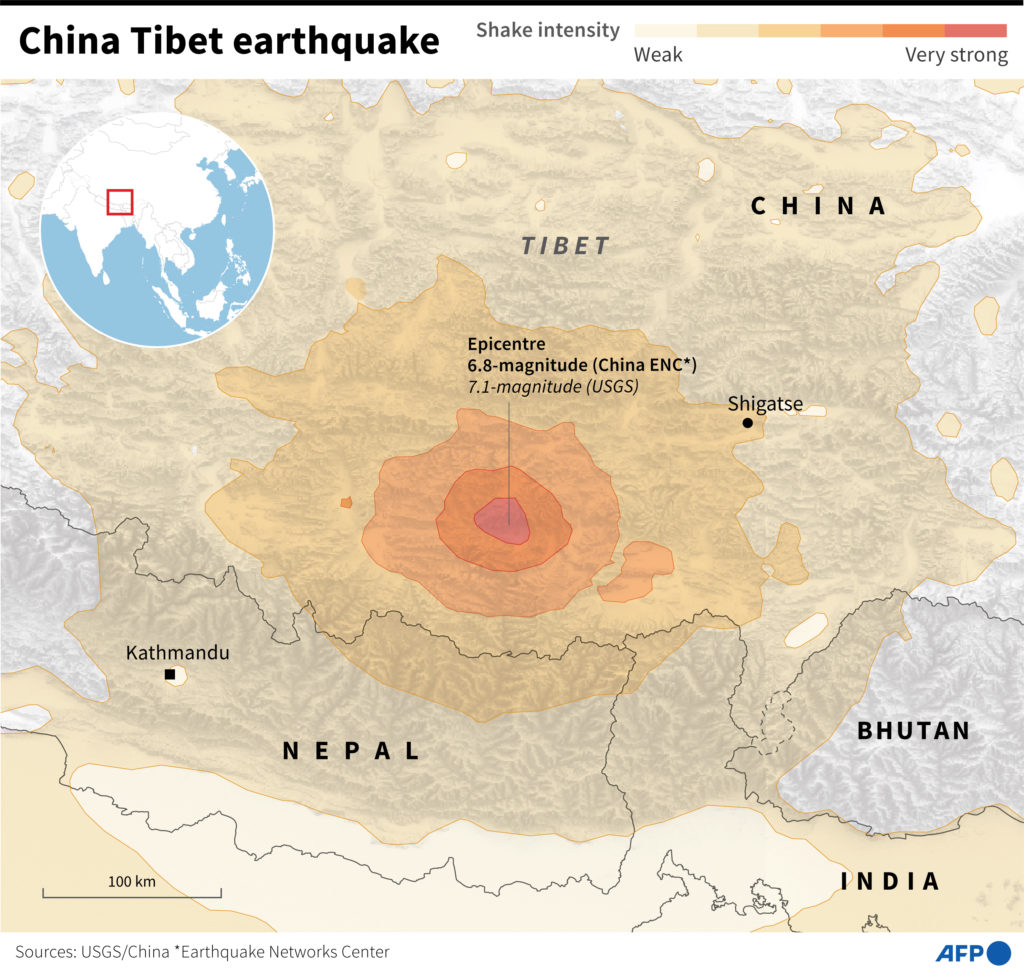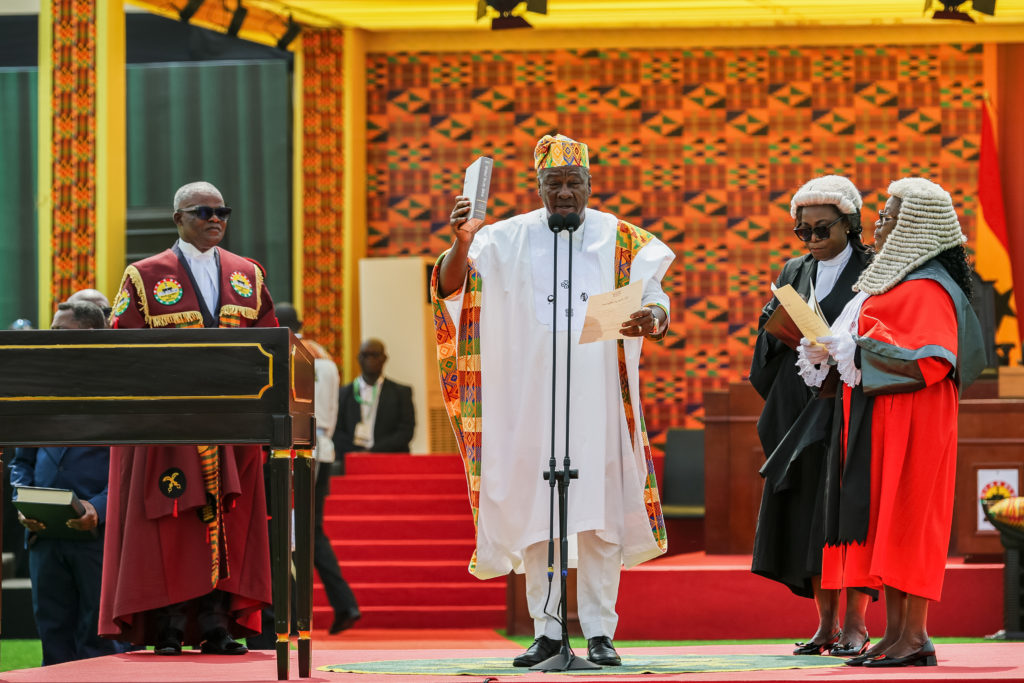Accepting her Nobel Peace Prize on Friday, Filipina journalist Maria Ressa launched a vitriolic attack against US tech giants, accusing them of fuelling a flood of “toxic sludge” on social media.
Ressa, the co-founder of news website Rappler, accepted this year’s prize at a ceremony at Oslo’s City Hall together with her co-laureate Dmitry Muratov, the editor-in-chief of Novaya Gazeta, one of the rare independent newspapers in a Russian media landscape largely under state control.
Speaking to a scaled-down crowd due to the pandemic, 58-year-old Ressa attacked “American internet companies” such as Facebook, Twitter and YouTube without mentioning them by name.
“With its god-like power”, their technology “has allowed a virus of lies to infect each of us, pitting us against each other, bringing out our fears, anger and hate, and setting the stage for the rise of authoritarians and dictators around the world,” she said.
“Our greatest need today is to transform that hate and violence, the toxic sludge that’s coursing through our information ecosystem, prioritised by American internet companies that make more money by spreading that hate and triggering the worst in us,” she said.
Ressa stressed the importance of reliable facts at a time when the world is battling the Covid-19 pandemic or facing upcoming elections in countries like France, the United States, the Philippines and Hungary.
These companies “are biased against facts, biased against journalists. They are — by design — dividing us and radicalising us,” she said.
Ressa, a vocal critic of Filipino President Rodrigo Duterte and his deadly drug war, is herself facing seven criminal lawsuits in her country, which she said could see her sent to prison for 100 years.
Currently on bail pending an appeal against a conviction last year in a cyber libel case, she had to apply to four courts for permission to travel to Norway for Friday’s ceremony.
– Minute of silence –
Her co-laureate Muratov, 60, meanwhile called for a minute of silence during the Nobel ceremony to honour all journalists killed in the line of duty.
“I want journalists to die old,” he said.
Known for its investigations into corruption and human rights abuses in Chechnya, Novaya Gazeta has seen six of its journalists killed since the 1990s, including famed investigative reporter Anna Politkovskaya, murdered in 2006.
“Journalism in Russia is going through a dark time,” Muratov said in his acceptance speech, noting that over 100 journalists, media outlets, human rights defenders and NGOs have recently been branded as “foreign agents” by Russia’s justice ministry.
The “foreign agent” label is meant to apply to people or groups that receive funding from abroad and are involved in any kind of “political activity”.
But it has also been given to Kremlin-critical journalists and media, making their work exceedingly difficult.
While Russian President Vladimir Putin has warned that the Nobel was not a “shield” protecting journalists, Muratov said he did not expect his newspaper to be given the status.
“During the 30 years lifetime that our newspaper has had, we have done so much positive and good for the country that announcing us as foreign agents would be deteriorating for the country’s power” and “a stupid thing to do,” he told AFP in an interview.
– Record number of jailed journalists –
According to a report compiled by Reporters Without Borders up to December 1, at least 1,636 journalists have been killed around the world in the past 20 years, including 46 since the beginning of the year.
In addition, the number of journalists imprisoned around the world has never been higher, according to the Committee to Protect Journalists, with 293 currently behind bars.
“Bringing the story to the public may in itself be a prevention of war,” the chairwoman of the Norwegian Nobel Committee, Berit Reiss-Andersen, said.
“The role of the press is to reveal aggression and abuse of power, thereby contributing to peace.”
The Oslo ceremony also saw the head of the World Food Programme, the 2020 Peace Prize laureate, give his Nobel lecture. Last year’s festivities had been cancelled due to the pandemic.
This year’s other Nobel laureates in the fields of medicine, physics, chemistry, literature and economics would normally receive their prizes at a separate ceremony in Stockholm on Friday.
But due to the Covid situation, they received their awards in their home towns earlier this week.
A ceremony was to be held in their honour in the Swedish capital later Friday, attended by the royal family.

